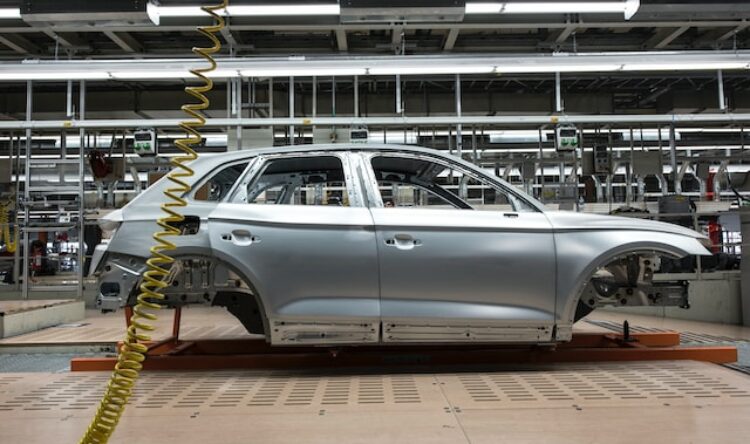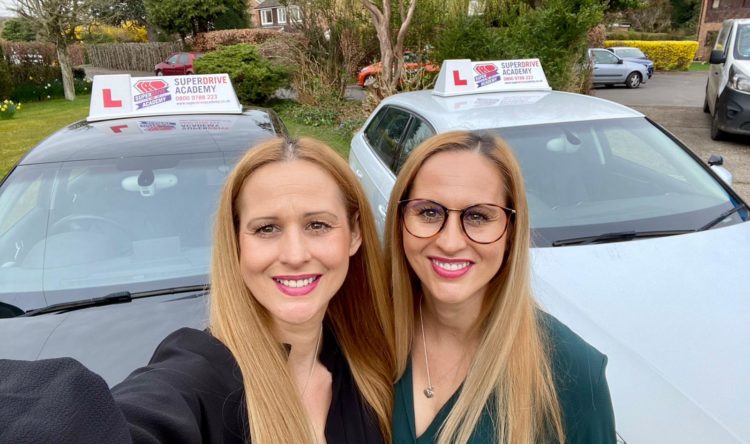Drivers need to take fatigue more seriously
Which people are most vulnerable to the effects of drowsy driving?
If you drive regularly, you’re likely to have experienced the feeling of tiredness at the wheel at some point in your life.
Time constraints, dodging traffic and a desire to get to your destination means it’s all too easy to keep your foot on the pedal rather than pulling over to take a break.
Forty winks
This is known as drowsy driving, and it occurs when we’re too tired to properly focus, but continue on the road anyway.
Unfortunately, being sleepy means that we’re slower to react, are more likely to miss potential hazards, and make poor decisions.
Even a small lapse in judgement can result in a crash with potentially disastrous consequences. In the UK, research shows that driver fatigue contributes to around 20% of road accidents.
Whilst we should all be alert for symptoms of drowsy driving, there are some groups of people who are more at risk. Let’s explore who they are.
Professional drivers
Professional drivers, such as lorry drivers, delivery van drivers or even bus or taxi drivers spend far more time behind the wheel than the regular commuter. And it goes without saying that driving instructors do too.
Whilst this means that they have the most road experience, it also means that they are likely to be tired from continuously focusing without a break.
They are also the people who are most likely to be under time pressure to get deliveries done, or to earn a certain amount of money in fares each day.
This means it can be hard to stop when they feel tired – they may be able to take a break at the end of a job, but this may not line up with when they actually start to feel drowsy.
Workers on shift patterns
If you’ve ever driven to the airport in the early hours of the morning, you’re likely familiar with how out of sync you feel. Whilst the excitement of your upcoming trip might keep you awake, imagine if you were driving in the night after a full ‘day’ of work.
The variable nature of shift patterns can mean that people are working at night for a few shifts, and then in the daylight for the next few days. This can make it hard to create any sort of routine, and the body’s natural circadian rhythm is thrown out of sync due to the lack of sunlight. This puts them at a higher risk of accidents when driving, as they try to override their body’s natural instincts.
Those with existing medical conditions
We’re all vulnerable to tiredness after a long day, but for those with existing medical conditions, tiredness is often part of their everyday life.
Sleep apnoea, diabetes, depression, anxiety and digestive issues like coeliac disease can all mean that the individual has less energy overall, and is therefore more prone to tiredness at the wheel.
This doesn’t necessarily mean that they shouldn’t drive, but rather that they should take extra care to ensure they’re safe to control a vehicle before they set off.
In the UK, drivers with certain medical conditions must also inform the DVLA to ensure that they’re able to hold a driver’s licence without putting others at risk.
Take a break
Every responsible driver should leave time to take adequate breaks during longer journeys. This is essential to keep themselves, their passengers and other road users safe. it is about responsible driving and driver attitudes.
Driving instructors often fail to practice what they preach when it comes to time behind the wheel. We must educate our customers about this very important area of driver responsibility and road safety. But more than that, we also need to ensure we have adequate, scheduled breaks. Not only is this about road safety, it is also about personal health. You should not sit for more than two hours at a time if you want to keep your back healthy for a strat. It is recomended you have a short walk around every 40 or 60 minutes. Despite it being a short break, the movement helps back care, improves circulation and can refreshen the senses.
So, before you set off, consider the length of journeys. Plan short breaks. Consider if you are fit to drive and, if in doubt, delay your journey.






